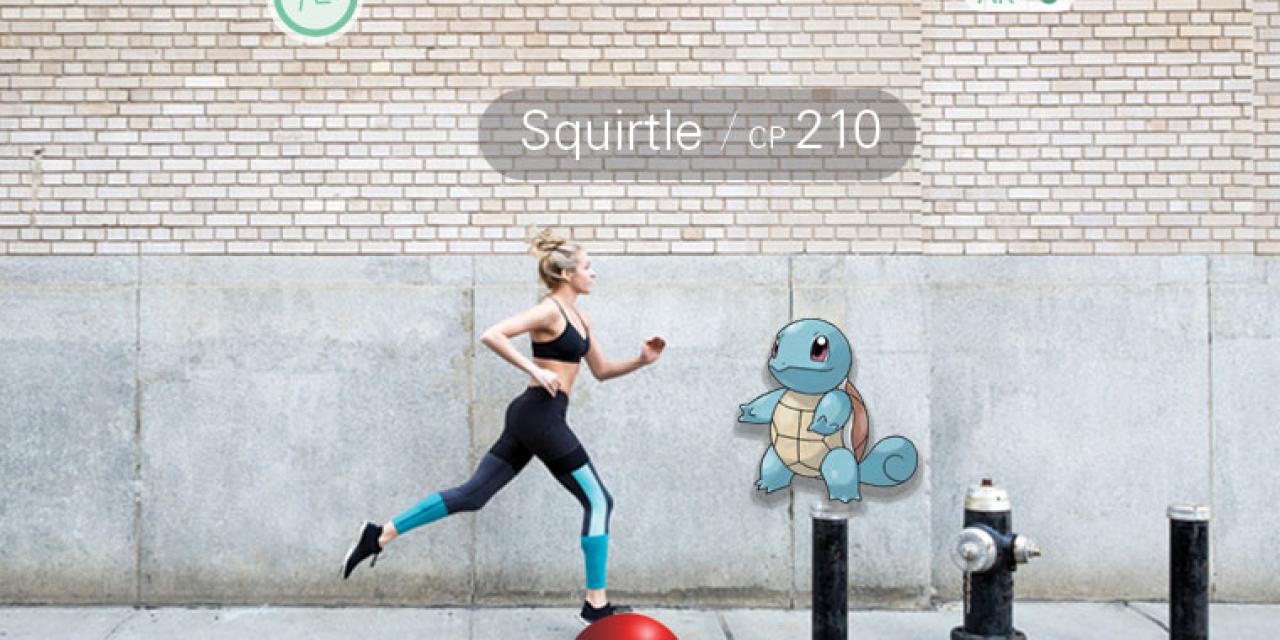
It has been nearly six month since Nintendo and Niantic's Pokémon Go took the world by storm; and now one study estimates that the game singlehandedly might have a measurable impact on the United States' average life expectancy.
The paper, studying the "Influence of Pokémon Go on Physical Activity" was published in the peer-reviewed Journal of Medical Internet. Researchers from Stanford University and Microsoft monitored nearly 32,000 wearers of Microsoft fitness tracker to find high correlation between interest in playing Pokémon Go and physical activity which usually translates to boosts in exercise.
"We studied the effect of Pokémon Go on physical activity through a combination of large-scale wearable sensor data with search engine logs and showed that the game leads to significant increases in physical activity over a period of 30 days, particularly with the engaged users increasing their average activity by 1473 steps a day or 26 percent," reads the paper.
"Based on our findings, we estimate that the game has already added an estimated 144 billion steps to US physical activity. If engagement with Pokémon Go could be sustained over the lifetime of its many users, we estimate that the game would add an estimated 2.825 million years of additional lifetime to its US users ">
The study admits that its results are highly speculative as they only relied on anonymized data provided by Microsoft and had to make educated guesses about which participants were actually playing Pokémon Go as opposed to searching for info about it for the sake of curiosity.
The study's sample is also biased as it consists exclusively of Microsoft fitness tracker users who agreed to allow Microsoft to collect and study their activity and search data. It is reasonable to expect that people who pay $250 for a fitness tracker would be more committed to exercise than most people.
It is also important to note that the study monitored the users for one month only while it is typical for games - and Pokémon Go arguably more than most - to lose players' interest with time.
